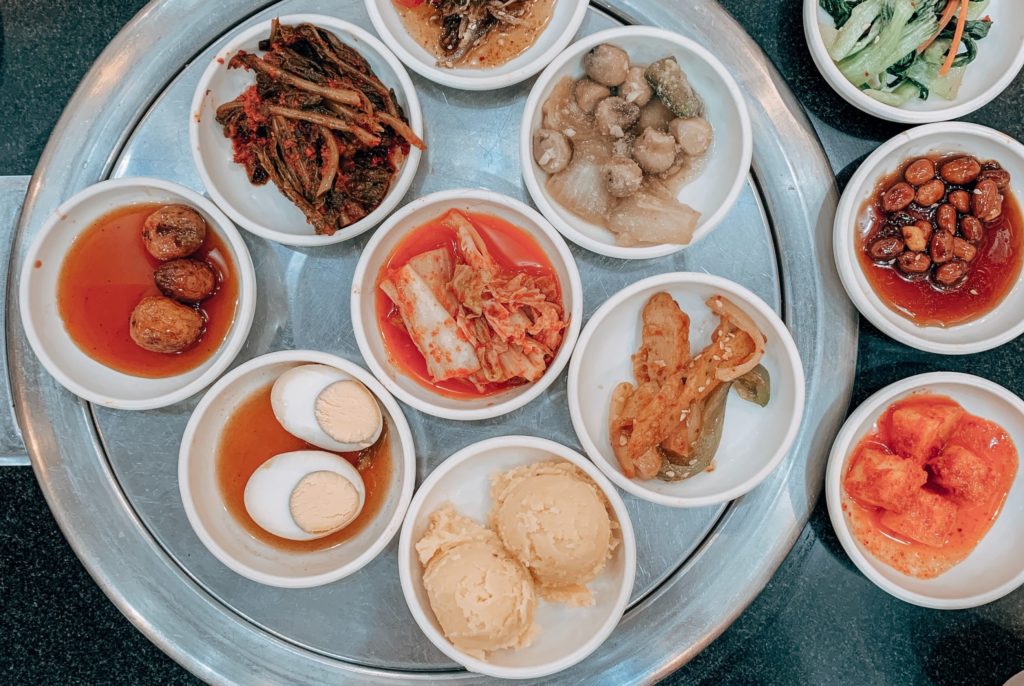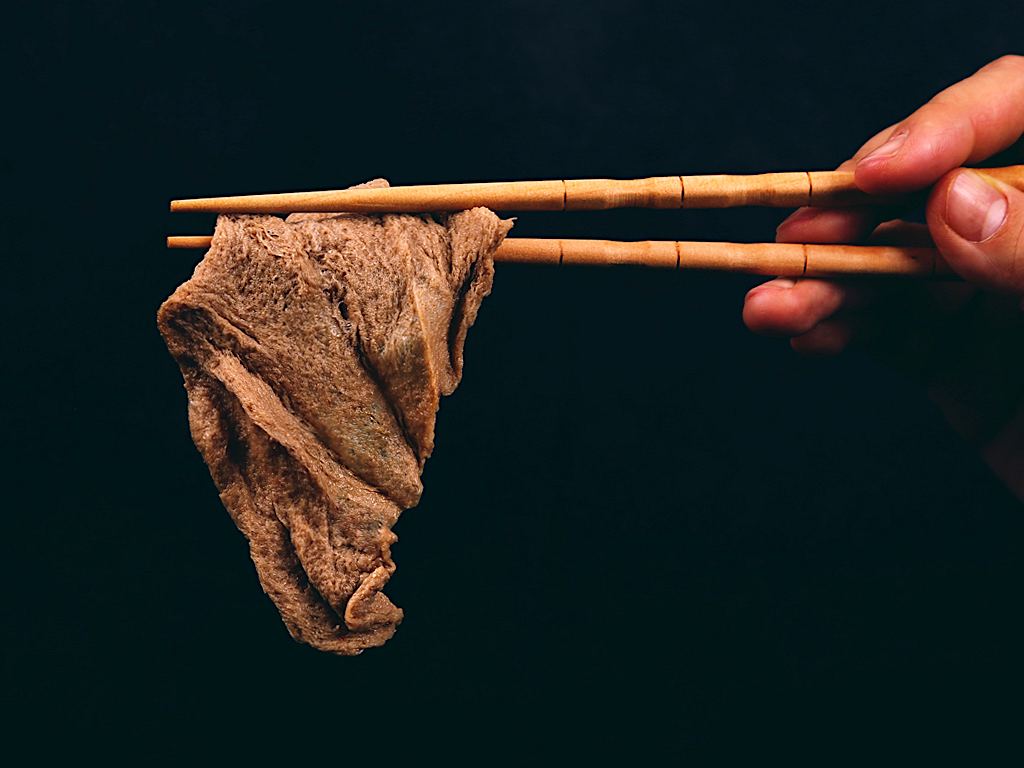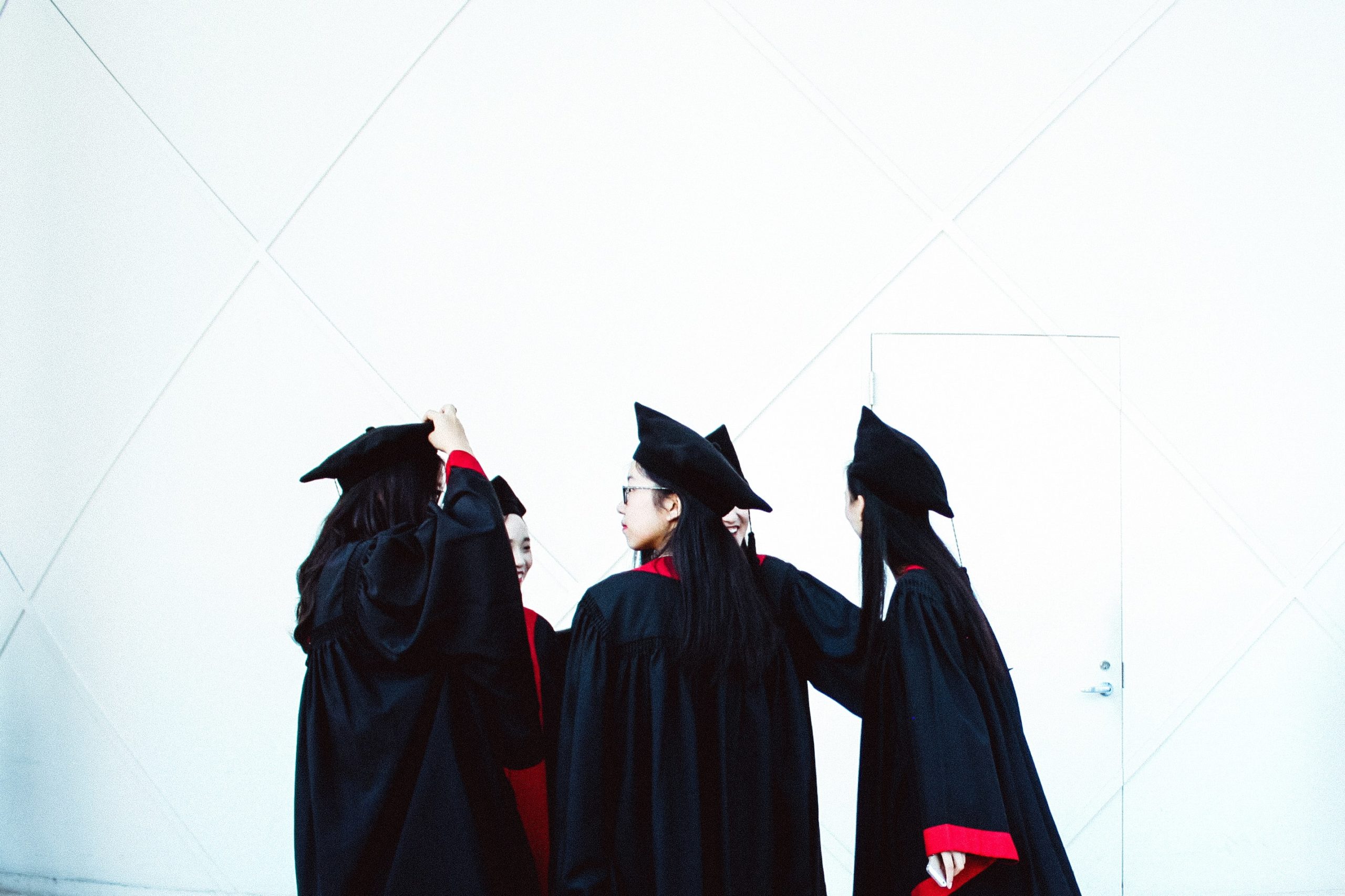4 Mins Read
Building on its introduction of eco-friendly free school meals in 2011, the Seoul Office of Education is implementing new initiatives in South Korea. Major improvements include increasing the number of vegetarian meals on offer, alongside education that promotes carbon-neutral foods.
Demands for ‘food conversion’ are growing, both socially and within an educational framework. The Office of Education conducted a survey in February of this year to gain better insight into understanding of the climate crisis and how food plays a role. Findings have been used to develop a three-year ‘Food Ecology Conversion Education Mid-Term Development Plan’, which will run until the end of 2024.

A shift in South Korea’s attitude to food
Meat is traditionally found in most Korean dishes and is valued as a key part of everyday life. In 2018, the total volume of meat sales in South Korea is reported to have reached 2.55 million tonnes, with the number predicted to keep rising until at least 2023. Of the 2.55 million tonnes, 1.24 were pork, most of which was imported. Meat-free product sales increased up to 2018, but are since thought to have plateaued. Educating future consumers about their benefits has been deemed critical.
The survey conducted asked 12,332 school children, parents and school staff members in Seoul about the climate crisis and food-related issues. 92.6 percent of participants knew that the crisis could cause food shortages and insecurity. 90.6 percent acknowledged that food production and consumption have an impact on the climate and 68.4 percent feel that eating less meat would reduce carbon emissions and have a positive impact. 55.5 percent went on to claim they would be interested in ‘intermittent vegetarianism’. Overall, 30 percent revealed they are already trying to eat less meat.
In light of the findings, the Office of Education has positioned four principles at the heart of its mid-term plan. Food literacy, carbon neutrality, climate-friendly food and cooperation throughout the region are cited. Expansion of existing food and nutrition education is being initiated, with numerous programs being drawn up to engage school pupils.
“It is important for Seoul students to grow as citizens who actively participate in eth formation of the food system, not passive consumers who accept the food system as it is,” Hee-yeon Cho, superintendent of education in Seoul, said in a statement. “We will support them so that they can grow as citizens of agriculture who can think by connecting consumption with producers.”
Key improvements are already being put in place. The ‘Green Meal’ vegetarian meal program that runs twice a month is being increased to four times, by 2024. The first 23 plant-based option pilot schools in the region have paved the way for another 17 by 2024. Future food engagement is considered vital, hence eco-friendly school garden projects are being explored, alongside climate food classes.

Could South Korea turn its back on conventional meat?
Back in 2020, it was revealed that South Korea’s plant-based scene was gaining momentum. In the aftermath of Covid-19, more diners appeared to be choosing vegan or flexitarian diets to promote personal health. In response, a number of companies have sought to make plant-based substitutes available. Cultivated developments are ongoing for those that don’t want to exclude meat from their diets but would prefer a ‘cleaner’ option.
Unlimeat, a vegan beef substitute developed by Zikooin, offers a double climate-win. Made from upcycled grains, it tackles food waste as well as meat production. The brand has recently entered the U.S. market, following domestic success and demand from Asian communities overseas for realistic flavours and textures that mimic traditional cuisine.
CJ CheilJedang just announced a partnership with biotech startup KCell, to enter the cultivated meat sector. The two are developing a competitive cell culture medium that will allow for fast and cost-effective scaling for product launches. A specific facility is being built for the endeavour, in Busan.
Lead photo by Stephanie Hau on Unsplash.




